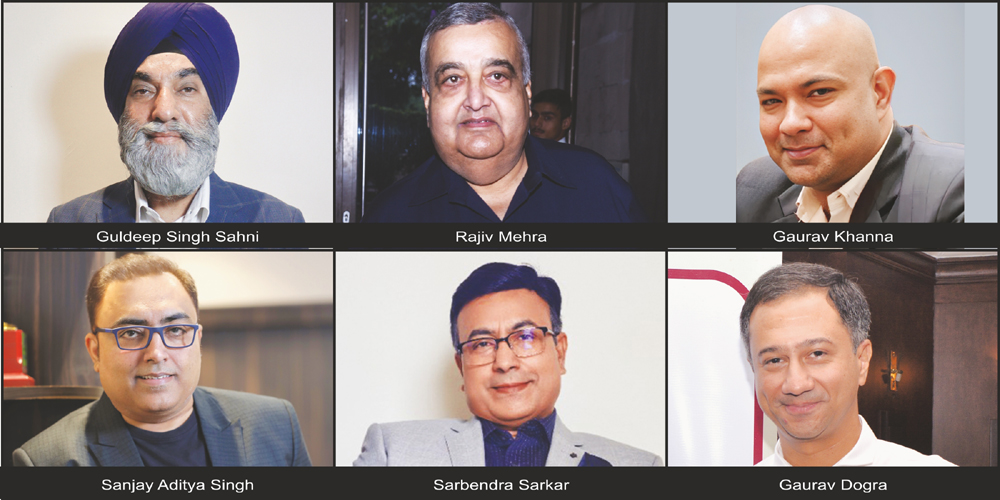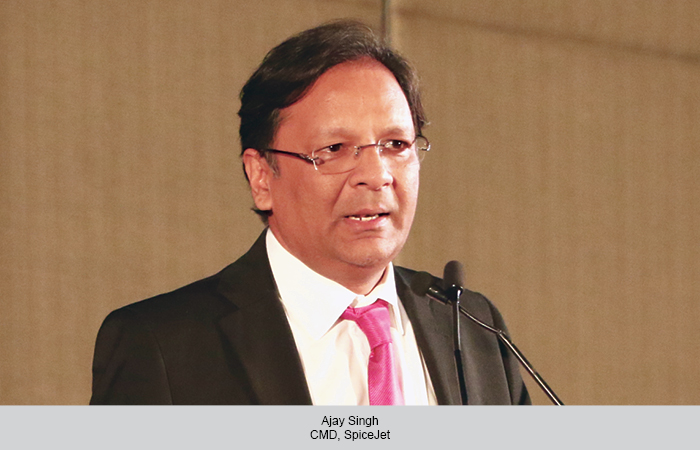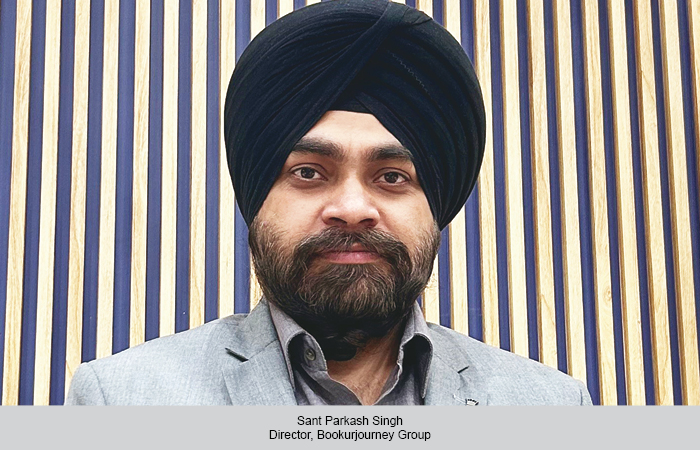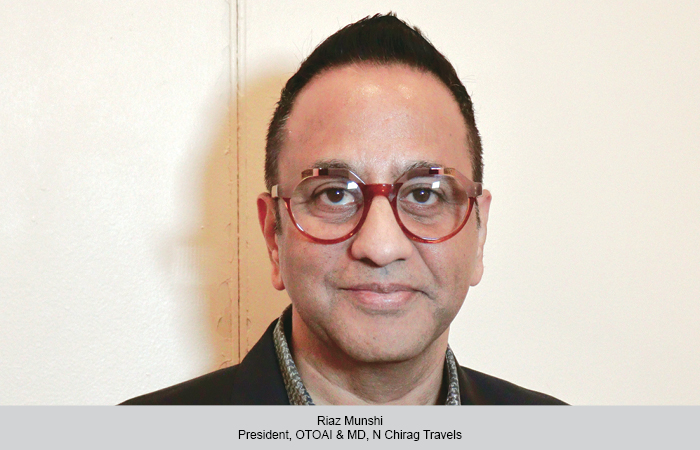The travel and tourism sector is facing shortage of skilled manpower. Experts share their views on what can be done to deal with the problem—which will not go away anytime soon.
Suhani Sood
Many companies in the travel and tourism sector are feeling the pinch due to shortage of skilled labour. “The main issue is that newcomers get trained by one agency and then take up jobs in other agencies. This needs to be streamlined. The institutions, which teach them travel and tourism are themselves unclear with the reality. Thus, until rubber meets the road, there is a huge gap,” said Guldeep Singh Sahni, Managing Director (MD), Weldon Tours & Travels.
Concerned over the supply of qualified workers, Gaurav Khanna, General Manager (GM), Products & Industry Relations, FCM Travel India, said, “Untrained workers result in errors and slower service. Businesses, in turn, provide service recoveries which adds to cost. It also takes almost three months to train anyone new to the industry. Skilled workers then demand higher salaries to do their existing work.”
Pressure on resources
Khanna explains how the shortage of skilled manpower is a serious problem. “It not only puts pressure on the existing manpower and resources, but ultimately leads to an increase in costs, which may not be sustainable for smaller businesses. Poor service or poor customer experience affects a brand and a company’s reputation, and can result in the loss of customers,” he said.
Post-pandemic challenges
Looking into the problems faced during the pandemic by the employees of travel and tourism sector, the younger generation doesn’t find it among attractive career options. However, Rajiv Mehra, President, Indian Association of Tour Operators (IATO), is optimistic. “The manpower at responsible positions is not at the same level of aptitude as it used to be in the pre-COVID era. Hence, we have ample scope to groom and train the lower middle level to emerge and meet the challenges and opportunities that the post-COVID era will bring forth. Though, it is going to take some time,” he said.
Sanjay Aditya Singh, Chief Executive Officer (CEO) and MD, Jettwings Airways, categorically mentioned that skilled workers play a significant role in the success of a company. “Shortage of skilled labour will hamper success, as there will be difficulty in meeting demands, reduced productivity, rise in cost and restricted creativity and innovation,” he said.
Ways to combat challenges
Experts expressed several ways such as more government initiatives, enhanced training and higher perks for employees to combat the problem of skilled labour. Sahni suggested that there is a need on part of the government to take initiatives encouraging more people to take up roles in hospitality and tourism sector. “Streamlining this issue of lack of qualified workers is need of the hour. Travel trade should speak up, institutions and governments should collaborate in order to combat this challenge,” he said.
Sarbendra Sarkar, Founder & MD, Cygnett Hotels & Resorts, emphasised on the importance of learning academies to upgrade and train employees. “It works as a valuable resource, as offering comprehensive and detailed training can certainly help in combatting the challenge,” he said.
Gaurav Dogra, Founder, PlanYourHoliday, said that social media platforms can play a crucial role in spreading awareness and help the industry. “Knowledge is power,” he said, and suggested that spreading awareness about the advantages of the industry can motivate young people to join it.
Mehra said that entry-level pays for the employees should be a bit higher, as the salary range of `15,000-`25,000 per month is not enough for the survival in metro cities like Delhi. “It is because of this reason, employees leave the tourism sector companies and seek refuge in other avenues,” he said.
 TravTalk India Online Magazine
TravTalk India Online Magazine





